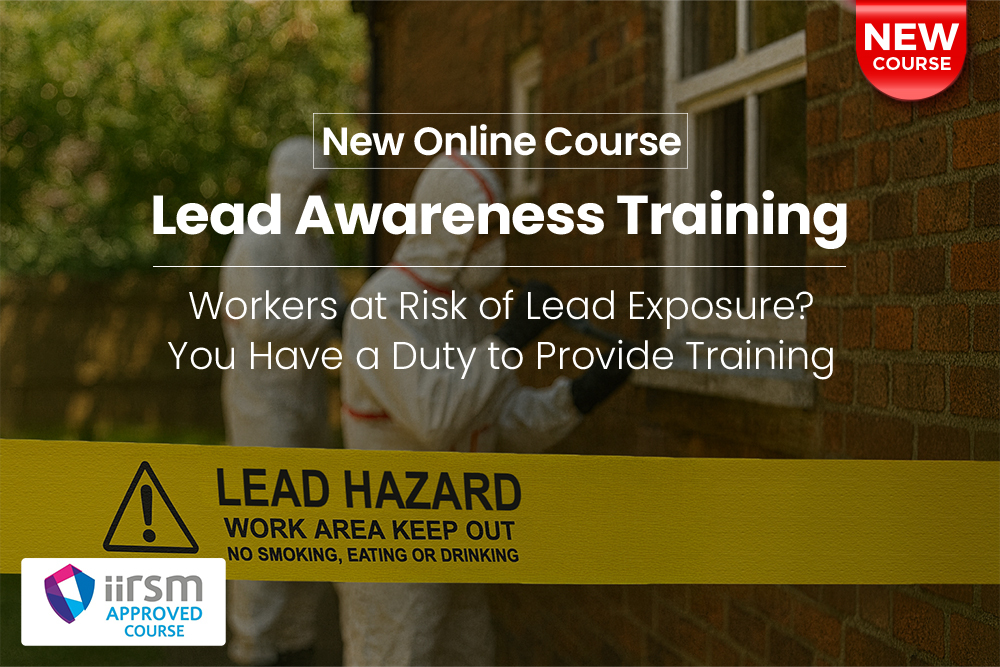
ESG stands for environmental, social and governance. An organisation’s ESG credentials measure its commitments and impacts in these three key areas.
Developing your ESG credentials is a competitive advantage. It reflects positively on your organisation, impresses stakeholders and unlocks new resource efficiencies.
Our guide explores how you can adopt ESG strategies and principles to boost your business and why it’s important to do it now.
What is an ESG Rating?
ESG ratings score an organisation’s impact on the people it employs, the community it exists in and the wider world.
A high ESG rating is evidence that an organisation cares for its staff, customers and the environment. A low ESG rating obviously shows the opposite. It suggests an organisation prioritises profit over people and has few, if any, guiding principles.
There is no official scale for ESG ratings because no central body manages them. Instead, independent agencies measure an organisation’s ESG performance and provide a score based on internal standards.
This inconsistency means that your organisation’s ESG rating can vary depending on the agency measuring it. But ratings are broadly similar as the areas examined are consistent. We’ve explored these areas in more detail below.
Environmental
This area is a measure of your organisation’s impact on the natural world. It includes carbon footprint but also considers:
- Energy use
- Waste and pollution
- Resource consumption
- Sustainability
Social
This area is a measure of your organisation’s culture and impact on wider society. Key points include:
- Working conditions
- Pay
- Opportunities for staff development
- Workplace health and safety
- Staff wellbeing
- Commitments to equality, diversity and inclusion (EDI)
- Trustworthy supply chains
- Investments in the local community
Governance
This area is a measure of your organisation’s transparency and compliance. It includes:
- Leadership accountability and honesty
- Decision-making processes
- Reporting processes
- Ethical business practices
Are ESG Credentials a Legal Requirement?
No. There’s obviously an established legal framework in which all companies must operate. But ESG ratings consider more than basic compliance, which is why they’re important.
It’s assumed that all organisations operate within the law, but this doesn’t guarantee ethical or environmentally conscious behaviour. Above-inflation price rises, anti-union activities, zero-hours contracts, pollution, deforestation, obscene CEO pay and bonuses – there’s a long list of legal yet shady practices certain businesses engage in.
Boosting your ESG credentials signals you do things differently. It elevates your organisation and reassures customers and investors that business with you is risk-free. They can trust you won’t attract negative press or legal trouble, and you operate without exploiting others or harming the natural world.
What’s the Value of ESG Credentials?
Healthy ESG credentials set you apart from other organisations. But that’s not the only benefit of improving performance in environmental, social and governance matters.
We’ve gone through the other advantages a high ESG rating brings you below.
Increased Profitability
Research suggests that implementing ESG strategies increases profitability.
Other studies suggest a relationship between environmentally-friendly policies and financial success.
There are obviously a number of different factors that affect a company’s profitability, but evidence suggests that operating ethically and sustainably pays off. It helps to reduce risks and costs while attracting investors, customers, and talented staff.
Reduced Costs
ESG strategies are often cost-effective.
On the environmental side, implementing more sustainable business practices usually improves resource efficiencies and reduces waste.
Socially, ESG policies lead to happier, more productive and more loyal workers. Staff retention will improve, keeping talent in your organisation and avoiding recruitment costs.
New Customers
Consumer attitudes are changing. Over half of Britons recognise climate change as the biggest threat to civilisation. And this relatable concern is affecting spending habits, as shown by research from YouGov.
Around a fifth (21%) of Britons are prepared to spend more on sustainable products and services. (This increases to 61% when it comes to sustainable packaged food.)
A further fifth (22%) won’t necessarily spend more but prefer sustainable options when available and convenient.
But be sure you can back up any sustainability claims. Consumers are increasingly wary of ‘greenwashing’ (making environmental claims you can’t prove or are demonstrably false), and faith in sustainability ‘logos’ is at an all-time low.
Future-Proofed Operations
The government’s response to climate change has been painfully slow compared to the average consumer’s. But even if the wheels are turning slowly, they are turning.
For example, the Environment Act gives the UK government power to set new, legally binding targets for biodiversity, waste reduction and water and air quality.
Improving your organisation’s environmental performance now could future-proof it against any legislative developments in the coming years.
Further Investment
It’s already been mentioned, but attracting investment is one of the key benefits of ESG proficiency.
Similar to consumers, investors are gradually shifting towards sustainable and socially responsible companies. Investing in these organisations is considered safer as they tend to perform better over time, thanks to the ESG strategies they adopt.
Peace of Mind
It won’t necessarily help your company’s financials, but improving your ESG credentials can buy you peace of mind.
Knowing that your organisation is a force for good can be uplifting.
Key Takeaways
- Developing strong ESG credentials can improve profitability, reduce costs and attract new customers.
- ESG strategies improve business sustainability by optimising resource efficiency, fostering happier work environments and boosting staff retention.
- High ESG ratings differentiate organisations and appeal to consumers, investors and stakeholders who increasingly prefer ethical and sustainable practices.
- Improving ESG performance can help future-proof your organisation against evolving legislation related to environmental and social issues.
- ESG credentials provide not only financial benefits but also peace of mind.
Improving ESG Performance
A safe workplace and healthy staff are crucial indicators of an organisation’s social responsibility – a key component of ESG credentials. Promoting a culture of health and safety protects your employees and demonstrates a commitment to ethical business practices.
Our online Health and Safety Training courses empower you to achieve this, offering comprehensive, accredited learning that’s both flexible and cost-effective. With these courses, you can ensure your organisation is compliant, reduce operational risks and improve social responsibility.
































































































































































































































































































































































































































































































































































































































































































































































































